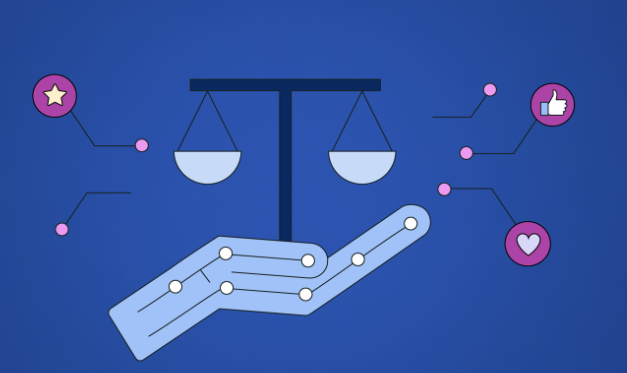Understanding Ethical AI: The Future of Technology and Morality
As artificial intelligence (AI) continues to evolve and integrate into our daily lives, the conversation surrounding its ethical implications becomes increasingly important. The decisions we make now about how to develop and implement AI will significantly shape our society’s future. Understanding ethical AI isn’t just beneficial; it’s essential for ensuring technology aligns with our values and enhances human well-being.
The Importance of Fairness in AI
One critical aspect of ethical AI is fairness. Algorithms can inadvertently perpetuate biases present in their training data, leading to unfair outcomes in critical areas like hiring, lending, and law enforcement. For instance, if an AI system is trained on biased historical data, it might unfairly disadvantage certain groups. To combat this, organizations must prioritize diverse datasets and conduct regular audits to ensure fairness and reduce discrimination in AI applications.
Privacy and Data Protection
As AI systems often rely on vast amounts of data, maintaining user privacy is a vital ethical concern. Users must understand how their data is being used and ensure it’s protected. Transparent data practices, such as informing users about data collection methods and allowing them to opt out, are crucial. Moreover, implementing robust security measures will help safeguard sensitive information from breaches and exploitation, fostering a sense of trust between AI developers and users.
Accountability and Transparency in AI Systems
Another essential element of ethical AI involves accountability. When AI systems make decisions, it’s paramount that there’s clarity regarding who is responsible for those decisions. This transparency helps build trust in AI and ensures stakeholders can address issues when they arise. Companies should provide clear explanations of how their systems function and the rationale behind decision-making processes, encouraging responsible AI use and fostering informed public discourse.
Conclusion
As we advance toward an AI-driven future, the emphasis on ethical AI is more vital than ever. By focusing on fairness, privacy, and accountability, we can navigate the complexities of technology in a way that benefits society as a whole. If you’re interested in learning more about ethical AI, consider exploring resources that delve deeper into these topics or even participating in discussions surrounding responsible AI development. Together, we can create a future where technology enhances our lives while upholding our shared values.

